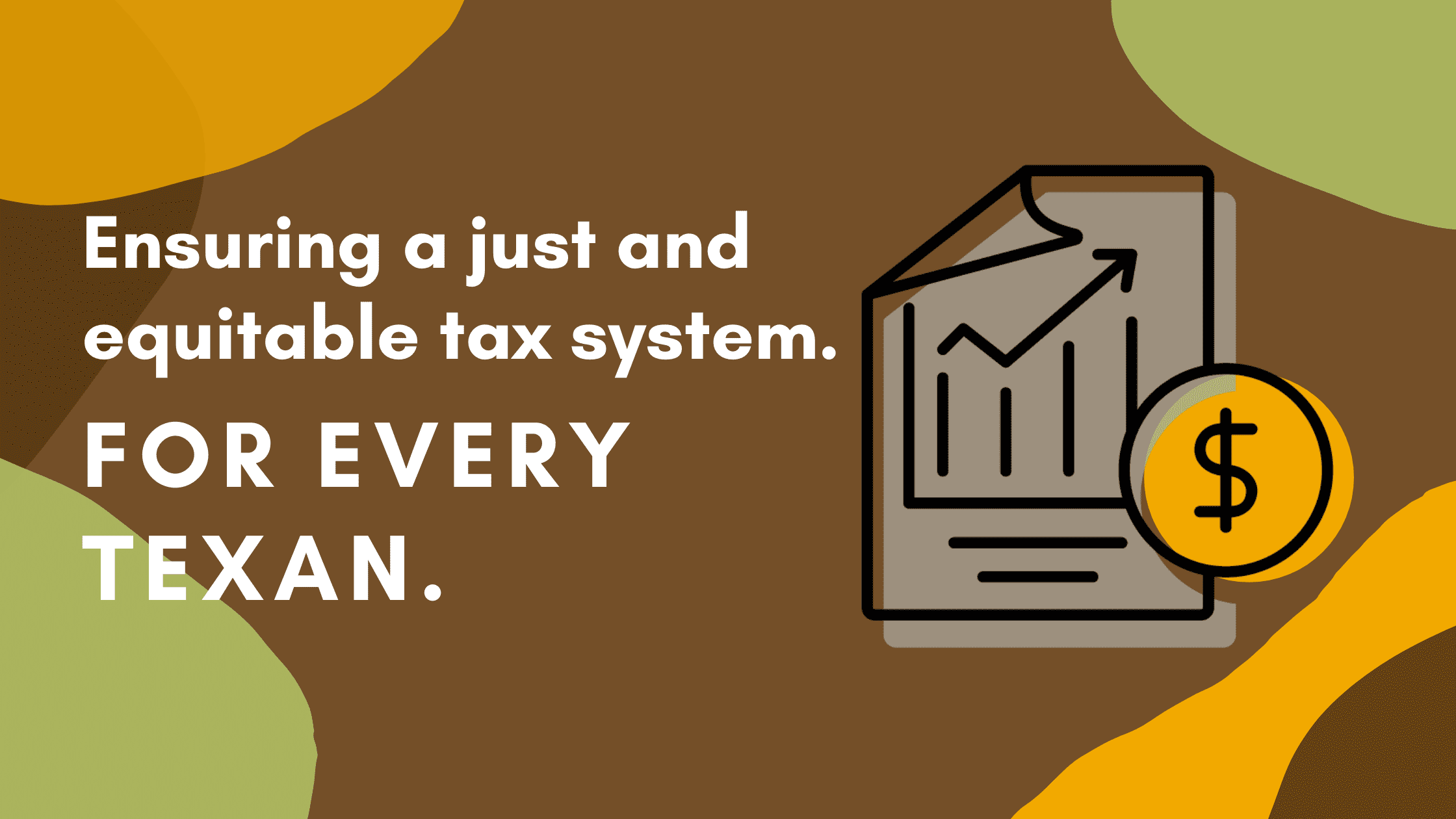Texans rely on each other to have public schools for all children, to ensure that no matter what we look like or where we come from, we all have the ability to pursue our dreams. The Chapter 313 school property tax abatement program lets corporations out of contributing what they owe to our schools, denying Texans the funding we need to provide higher education, health and social services, and public safety. Chapter 313 is already denying Texans $1.9 billion in the coming 2022-23 biennium and $2.3 billion in 2024-25.[1] Under the proposed expansion of Chapter 313 in HB 1556, the Legislative Budget Board estimates additional school district levy losses from 2032-49 of approximately $44.5 billion.
Our organizations are opposed to HB 1556 and HB 4242. Instead of extending Chapter 313, lawmakers should fund our future by ensuring corporations contribute what they owe to making Texas better for all of us – no exceptions.
View the full fact sheet here.

Ending Chapter 313 would help create a thriving state.
- If we end Chapter 313 abatements, total state and local school revenue would be higher to fund our priorities and create a stronger state for the next generation.
- Ending Chapter 313 would ensure corporations contribute what they owe to public and higher education, including workforce training, and improving transportation, utility, and public health infrastructure.
- Extending Chapter 313 denies Texans these opportunities, and the revenue giveaways of Chapter 313 abatements go to out-of-state shareholders and a few of the wealthiest Texans.[2]
- Chapter 313 revenue giveaways go primarily to multinational manufacturing firms and large-scale wind farms.[3]
- The Comptroller’s Tax Exemption & Tax Incidence study shows that more than half of the revenue giveaways of Chapter 313 agreements are “exported” — received by households outside of Texas.[4]
- Of the revenue giveaways that are received by Texans, half go to households with an annual income of at least $156,000.[5]
Ending Chapter 313 would help every-day Texans.
- Revenue giveaways for corporations make it harder for Texans to have good jobs that support our families, care when we’re sick, clean water, a safe environment, and the other things that create a good life.
- Even assuming Chapter 313 is necessary to attract companies, the cost per job created by these giveaways is unreasonably high. Considering the total gross revenue giveaways over the life of all reported Chapter 313 agreements, the cost per job created is well over $900,000.[6]
- By contrast, the national average of manufacturing tax subsidies is about $16,000 per year per job created. The number of jobs to be created and their required wages have been successively reduced as Chapter 313 has been amended. Companies need to pledge to create only 10 or 25 jobs, depending on the school district, with waivers of even this minimum routinely granted.[7]
- The Legislature has repeatedly watered down wage requirements and other standards for these projects.[8]
For more information contact Dick Lavine: lavine@everytexan.org, 512-636-8814.
Updated May 5, 2021
Endnotes
- Tax Exemptions & Tax Incidence, Comptroller of Public Accounts, Dec. 2020. Table 10, page 34.
- Ibid. Table 38, page 67
- Texas Economic Development Act Chapter 313 Summary Data 2021, Comptroller of Public Accounts, Jan. 2021.
- Tax Exemptions & Tax Incidence, op. cit. Table 38, page 67.
- Ibid. Table 38, page 67.
- Calculation by Every Texan, based on Texas Economic Development Act Chapter 313 Summary Data 2021 op. cit.
- Tax Code, sec. 313.025(f-1)
- See, for instance, HB 3390 (2013)
